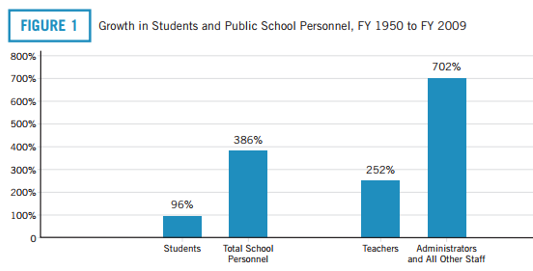 In the American film classic “The Blues Brothers,” a pair of musical misfits accept a mission from God to save the orphanage where they grew up. Desperate to raise money, they impersonate a country and western band only to have the crowd boo and throw bottles against the chicken wire surrounding the stage.
In the American film classic “The Blues Brothers,” a pair of musical misfits accept a mission from God to save the orphanage where they grew up. Desperate to raise money, they impersonate a country and western band only to have the crowd boo and throw bottles against the chicken wire surrounding the stage.
The stage lights are cut off, causing one of the band members to speculate that they’ve blown a fuse. A more perceptive band member notes: “I don’t think so, man. Those lights are off on purpose.”
Public school parents have a lot to be upset about these days. Often, the things they’re upset about contradict each other. For instance, some parents want mask mandates, others want to create a giant pile of masks and dispose of them with fire.
Some parents want school vaccine mandates, others threaten to pull their children out of school over the issue. The controversy of social studies and history curriculum will continue to prove unresolvable as preferences wildly vary.
The fundamental problem in all of this is attempting to have a one-size-fits-all school system in the first place. A more pluralistic system remains the best available solution. Lawmakers, however, may be able to take other productive actions in addition.
Max Eden, a research fellow at the American Enterprise Institute, published a paper recently recommending that state lawmakers move school district elections to uniform election dates. Eden notes that district elections often have very low voter turnout rates. Higher turnout rates would create a more authentic district democracy and elect governing boards with a stronger claim to community support and democratic legitimacy.
Eden also calls for partisan as opposed to non-partisan school board elections. While the word “partisan” evokes negative feelings, and partisan labels can imperfectly communicate candidate policy preferences, knowing a little about the policy preferences of a candidate beats knowing absolutely nothing about their preferences, which is where matters typically stand now.
While some of our friends in the reactionary K-12 policy preference community regularly attempt to wrap themselves in the democracy flag, it rings insincere in a country littered with single-digit district election turnout rates.
School district democracy as it stands is rigged. In the fancy terms of public choice economics, school district democracy is highly susceptible to regulatory capture. Unionized employee interests and contractors have an intense interest in school board elections, while the vast majority of the general public could not name a single member of the current or any past school board in the school district in which they reside.
The true primary purpose of the public school system, if we pay attention to what is done rather than what is said, shifted long ago into maximizing adult employment.
 Could district democracy be made more legitimate? It’s not a substitute for empowering families to control the education of their child directly. Even in a well-functioning democracy, some disputes will remain unresolvable, creating the need for pluralism and tolerance. But no one other than the current beneficiaries would even attempt to justify a rigged democracy, so it would be worth a try.
Could district democracy be made more legitimate? It’s not a substitute for empowering families to control the education of their child directly. Even in a well-functioning democracy, some disputes will remain unresolvable, creating the need for pluralism and tolerance. But no one other than the current beneficiaries would even attempt to justify a rigged democracy, so it would be worth a try.
It won’t be easy. School district democracy didn’t blow a fuse; those turnout rates are low on purpose.
In the vision laid out by their strongest supporters, education savings accounts have the potential to revolutionize public education, giving parents direct control of funding and allowing them to assemble customized educational programs for their children, buying services from private schools, public schools, home-school curriculum providers, and more. Plain-vanilla school choice could start to seem passé. Parents could save money left over at the end of the school year for future expenses, including college, giving them a greater incentive to shop around and economize.
That's the theory. On Wednesday, during an American Enterprise Institute event that billed ESAs as "the new frontier in school choice," Max Eden of the Manhattan Institute said he wanted to throw some "cold water" on it. The programs might work for some students — like those with special needs — who tend to qualify for larger weighted per-pupil funding, and for whom the benefits of a fully customized education are obvious. But when it comes to their potential to totally transform the broader education system, Eden said he was skeptical.
"There's a sense throughout [the nine papers presented at AEI's event] that this will explode in numbers and in scope, and I'm very skeptical of that," he said. ESAs may be more likely to create "a marginal system that will provide marginal support to relatively marginalized students."
In the end, he said, "The prime benefit of ESAs may help make the world even safer for charters." If more legislatures pushed for them, that might broaden the window of political possibility for educational choice. And ESAs could provide new options for children, like those with special needs, whom charter schools often struggle to serve well. "I don't know that I see [ESAs] being an explosive and revolutionary thing," Eden said.
Matthew Ladner, a senior policy adviser to the Foundation for Excellence in Education who's been a leading proponent of ESAs as a concept, said Eden made some valid points. (more…)